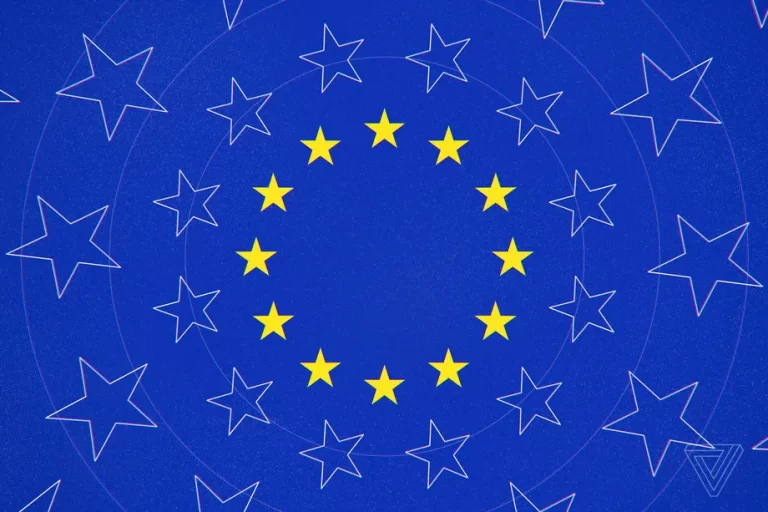The EU has agreed on another ambitious piece of legislation to police the online world. Under its Digital Services Act (DSA), tech companies will be forced to take greater responsibility for content that shows up on their platforms.
Policing via Digital Services Act
Under the Digital Services Act, illegal content and goods will be removed quickly. It will further explain to users and researchers how their algorithms work and take stricter action on the spread of misinformation. Moreover, companies face fines of up to six percent of their annual turnover for non-compliance.
In a statement, the European Commission President Ursula von der Leyen added: “The DSA will upgrade the ground-rules for all online services in the EU. It gives practical effect to the principle that what is illegal offline, should be illegal online. The greater the size, the greater the responsibilities of online platforms.”
DSA vs DMA
Margrethe Vestager, the European Commissioner for Competition who has spearheaded much of the bloc’s tech regulation, said the act would ensure that platforms are held accountable for the risks their services can pose to society and citizens.
The Digital Services Act is different from the Digital Markets Act (DMA) which was agreed upon in March. Although both acts impact and concern the tech world, the DMA, however, focuses on creating a level playing field between businesses and the DSA deals with how companies to police content on their platforms. The Digital Services Act will likely have a more immediate impact on internet users.
Final Text of the DSA
The final text of the Digital Services Act has yet to be released. However, the European Parliament and European Commission have detailed the following number of obligations it will contain:
- Ban targeted advertising based on an individuals’ religion, sexual orientation, or ethnicity. Minors cannot be subject to targeted advertising either.
- Dark patterns, confusing or deceptive user interfaces designed to steer users into making certain choices, will be prohibited. The EU says that, as a rule, canceling subscriptions should be as easy as signing up for them.
- Large online platforms like Facebook will have to make the working of their recommender algorithms (used for sorting content on the News Feed or suggesting TV shows on Netflix) transparent to users. Users should also be offered a recommender system not based on profiling. In the case of Instagram, for example, this would mean a chronological feed (as it was introduced recently).
- Hosting services and online platforms will have to explain clearly why they have removed illegal content, as well as give users the ability to appeal such takedowns. The DSA itself does not define what content is illegal, though, and leaves this up to individual countries.
- The largest online platforms will have to provide key data to researchers to “provide more insight into how online risks evolve.”
- Online marketplaces must keep basic information about traders on their platforms to track down individuals selling illegal goods or services.
- Large platforms will also have to introduce new strategies for dealing with misinformation during crises (a provision inspired by the recent invasion of Ukraine).






